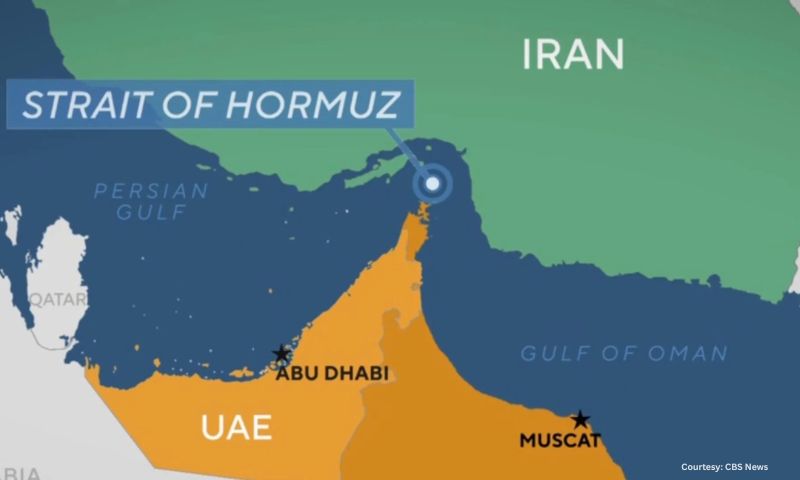DUBAI/WASHINGTON: The Strait of Hormuz, a vital maritime chokepoint, handles about one-fifth of the world’s oil supply. Any attempt to close or block this key channel could send shockwaves through global trade and economies.
Critical Consequences
- Oil Price Surge: An immediate impact would be a sharp rise in international oil and gas prices, affecting everything from fuel costs to inflation worldwide.
- Trade Disruption: Hundreds of ships — laden with cargo from oil tankers to dry goods — transit daily; a closure would force lengthy reroutes around Africa’s Cape of Good Hope, delaying shipments and hiking logistics costs.
- Economic Strain: Beyond energy, nations reliant on Middle Eastern trade, including Pakistan, could see slowed exports, rising inflation, and pressure on foreign exchange reserves.
- Geopolitical Ripple Effects: Such a move would escalate tensions sharply. It could prompt military build‑ups, international sanctions, and strained diplomatic relations between major powers.
- Emergency Energy Responses: In response, countries might draw from strategic reserves, explore alternate supply routes, or increase investment in renewable energy sources—though such efforts take time to materialise.
Strategic Stakes
The Strait remains a major prism through which regional conflicts play out. While an outright closure would be drastic, even temporary disruptions—like threats or naval skirmishes—could rattle markets and affect global supply chains.
Energy analysts warn that avoiding closure is critical. But global contingency planning, including diversified supply lines and stronger naval patrols, will be vital to reduce risk and cushion potential disruptions.
This story has been reported by PakTribune. All rights reserved.


